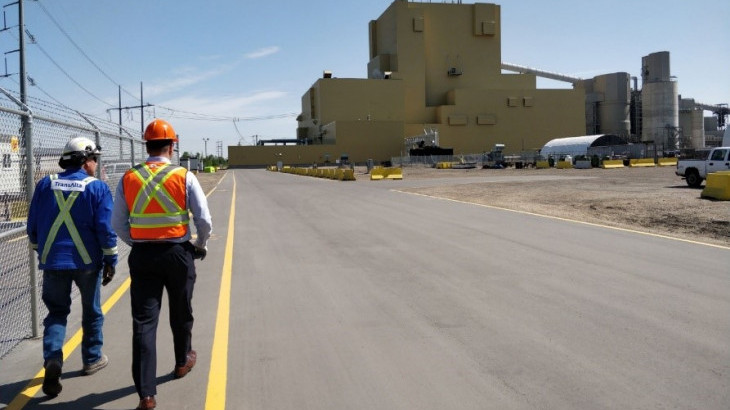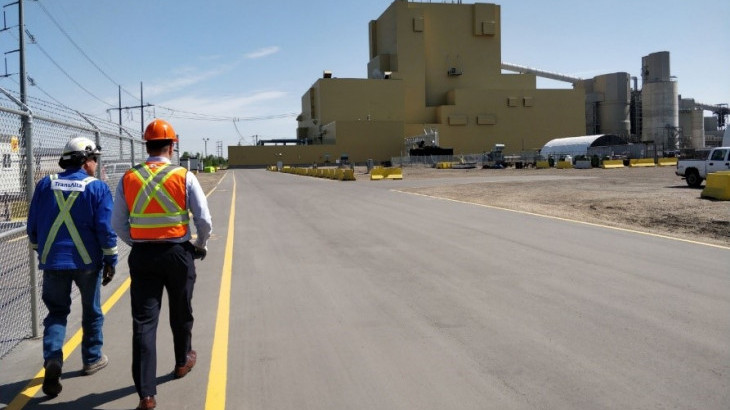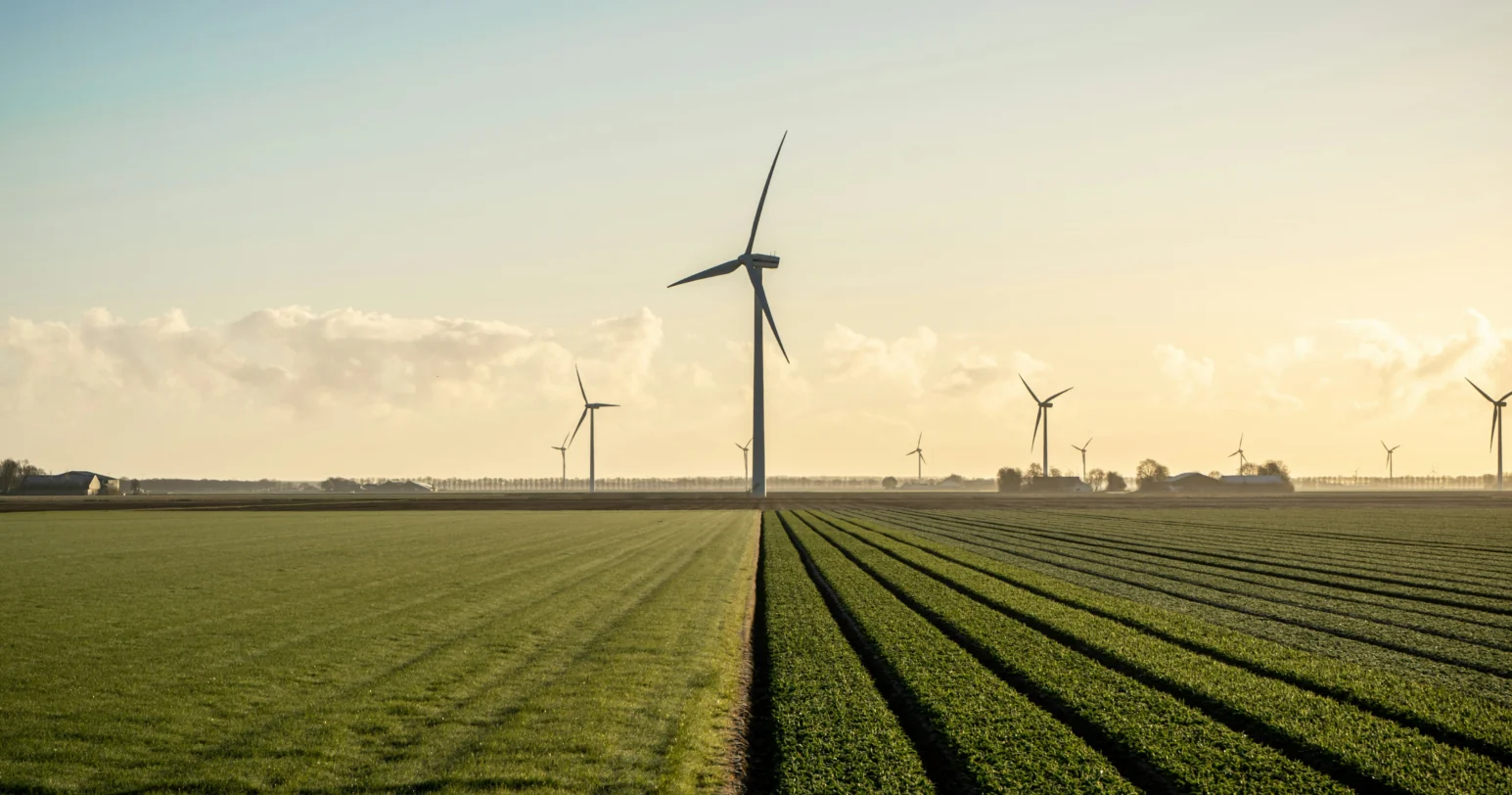
Canada is working to ensure the transition away from coal power is a fair one for coal workers and communities.

In an effort to better understand the impacts of phasing out coal and how to support those affected, Canada launched the Task Force on Just Transition for Canadian Coal Power Workers and Communities in 2018.
On March 11, 2019, Canada’s Minister of Environment and Climate Change welcomed the final report from the independent Just Transition Task Force.
Over the last year, the Just Transition Task Force met with coal workers, their families, communities, and labour representatives. Their report provides expert advice that will help shape Canada’s approach to assisting Canadians and communities affected by the phase-out of traditional coal-fired electricity. The report includes 10 recommendations to support workers and their communities through the transition. The work of the Task Force will help lay the groundwork for a just transition away from traditional coal-fired electricity.
Canada’s 2019 federal budget proposes new actions in response to the Just Transition Task Force’s report, including a dedicated $150 million infrastructure fund, starting in 2020, to support priority projects and economic diversification in impacted communities.
The work of Canada’s Just Transition Task Force demonstrates that there are many paths to shift to a clean-growth economy. Canada will share the Task Force’s recommendations with the Powering Past Coal Alliance members and the World Bank who are helping to lead international efforts to support a just transition.
In line with the efforts of the Task Force, Canada is proud have endorsed the Solidarity and Just Transition Silesia Declaration during the United Nations climate change meetings in Poland in late 2018.
Download the Task Force’s reports
A Just and Fair Transition for Canadian Coal Power Workers and Communities
With ten recommendations, this report provides advice on what Canada could include in a just transition plan for coal workers and communities. It also provides a background and overview of coal-fired electricity in Canada; highlights circumstances in Canada’s provinces that continue to use coal; and outlines a subsequent phase of consultation and analysis on just transition.
What We Heard from Canadian Coal Power Workers and Communities
This complementary report details what the Task Force heard, by province and theme, during their engagement process in spring 2018. During this period, the Task Force travelled to Canadian coal communities and personally met with: workers and their families; employers; labour representatives; provinces; municipalities; community members; business representatives; non-governmental organizations; and other stakeholders.
Recent Success Stories of Canada’s Just Transition
- In January 2019, the Prime Minister of Canada announced $25.6 million (CAD) in funding for Canada’s first geothermal power facility near Estevan, Saskatchewan, – an area that will be impacted by Canada’s coal phase-out. The project will create 100 jobs during construction, provide the provincial power grid with clean, renewable energy, and create new business opportunities for local communities.
- In November 2018, Canada announced funding to create two transition centres in the communities of Forestburg and Castor, Alberta, marking the first project supported through Canada’s Coal Transition Initiative. These centres are now open and helping former coal miners, generating station workers and community members in the local area with new employment and business support, training programs and entrepreneurial development services.
Quick Facts
- In 2005, coal generated approximately 16 % of electricity in Canada—a figure that dropped to 10% by 2017. Still, coal-fired electricity is responsible for about 70 % of Canada’s greenhouse gas emissions from the electricity sector.
- Canada’s electricity generation mix is already one of the cleanest in the world, with 80% of our electricity coming from renewable or non-emitting sources. Canada strives to generate 90% of electricity from non-emitting sources by 2030.
- Phasing out coal power generation in Canada will protect the air we breathe, eliminating 12.8 million tonnes of carbon pollution from our atmosphere in 2030. This will help avoid an estimated 260 premature deaths, 40 000 asthma episodes and 190 000 days of breathing difficulty for Canadians everywhere.





